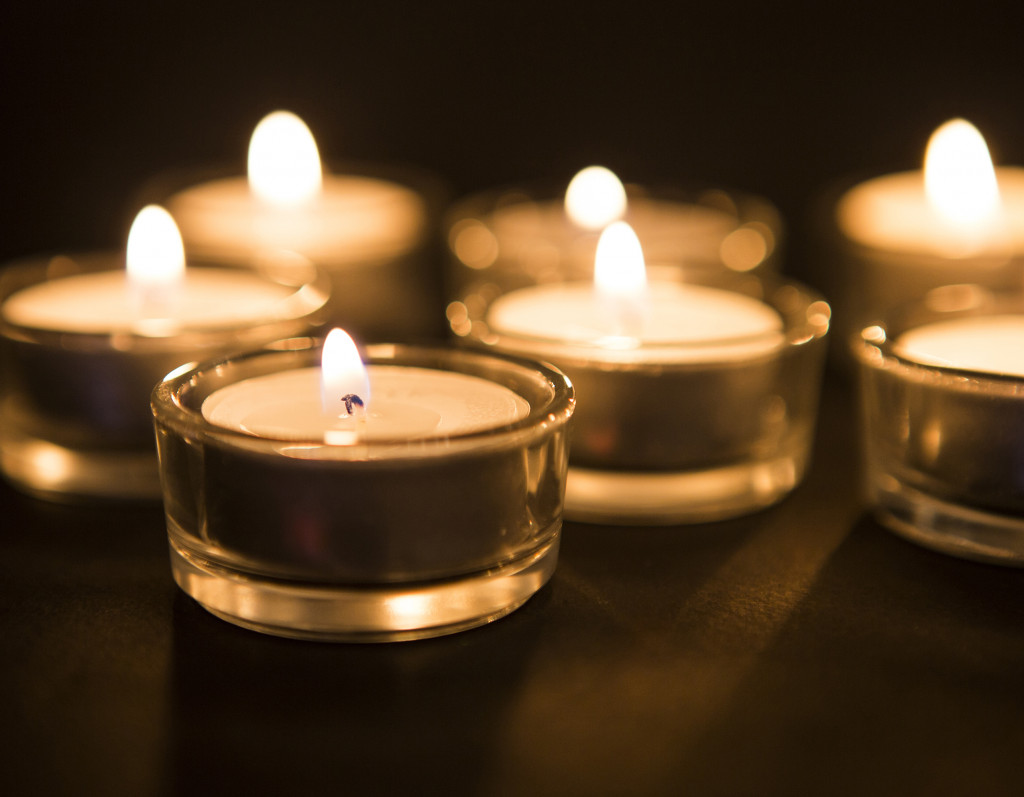As the temperatures outside begin to drop, the risk of house fires goes up. According to the National Fire Protection Association, winter is the peak season for home fires. The leading cause of these fires is heating equipment, so ensuring your home is as safe as possible is essential. You want to be sure your family and home are prepared for the winter months ahead.
Here are some critical steps to take to prepare your home against fire emergencies.
1. Inspect Your Heating Equipment
Before you start using your space heaters, fireplaces, and other heating equipment this winter, it’s essential to inspect them thoroughly. Look for any cracks or damage that could cause a fire, and ensure all cords are in good condition. If you have a gas-powered furnace, have it inspected by a professional before turning it on for the season.
You should replace older heating equipment if it is not functioning correctly. You may also want to consider replacing any heating equipment over ten years old. This is especially true if you have an older wood-burning fireplace. It would be best if you also had the chimney inspected and cleaned to prevent any blockages.
2. Check Your Doors and Windows
Ensure that all door and window frames are in good condition and fit tightly. You want to make sure they will close properly in the event of a fire. You should also check door hardware and hinges to ensure they function correctly. Some people install a door exit device, a door latch that can be released quickly in an emergency. This is especially important if you have children in the home.
You should also check your windows to ensure they can open and close easily. If a window is stuck in place, you may need to apply oil or lubricant to loosen it up. A window you cannot open easily can be a hazard during a fire. Always keep furniture at least three feet away from windows to allow an easy escape route.

3. Keep Flammable Objects Away from Heat Sources
One of the leading causes of house fires is flammable objects being too close to heat sources. Make sure there are at least three feet of clearance between space heaters, fireplaces, candles, and anything else that could potentially catch fire. This will help reduce the risk of a fire starting in your home. You should also be sure never to leave any type of heat source unattended, especially if children are in the house.
Teach your children to blow out candles and never play with matches or lighters. Store any flammable objects like gasoline, paints, and aerosols away from heat sources. They can help create a much safer home environment.
4. Install Smoke Alarms and Test Them Regularly
Smoke alarms are one of the best ways to protect your family in case of a fire. Install them on every level of your home, and ensure they’re tested monthly. If your smoke alarms are more than ten years old, replace them with new ones. And if you ever hear a smoke alarm going off when there’s no fire, don’t ignore it – that could be a sign that there’s a problem with the device itself.
To test them, press the test button to ensure they are working correctly. It would be best to replace the batteries twice a year or whenever your alarm starts to beep. This will help ensure your smoke alarms are always in good working condition.
5. Create an Emergency Plan
It’s essential to create a plan of action in a fire emergency. Talk to your family about what they should do in case of a fire, and practice it regularly. Make sure all family members know how to get out of the house safely and designate a safe area outdoors to meet once everyone is safely out of the house.
It would be best if you also practiced fire drills regularly. Have your family practice a fire drill at least once per month or whenever new members are added to the household. This will help ensure that everyone is prepared in case of a fire. If you have mobility issues or other special needs, make sure also to create a plan for those situations.
By taking some simple precautions, you can help keep your family safe from house fires this winter. Inspect your heating equipment regularly, keep flammable objects away from heat sources, and install smoke alarms throughout your home. By following these tips, you’ll be better prepared in an emergency. With the proper knowledge and preparation, you can help minimize the dangers of fire in your home. Stay safe this winter!



